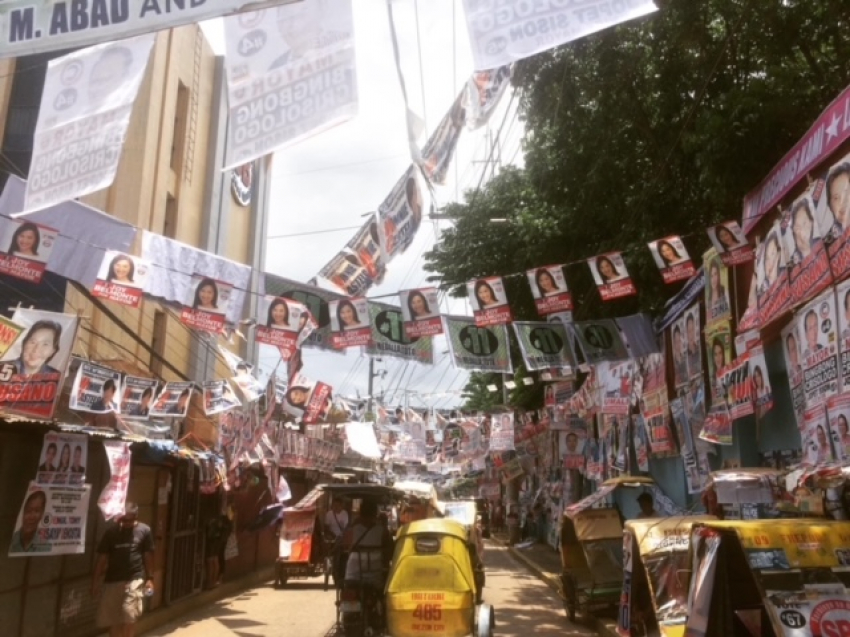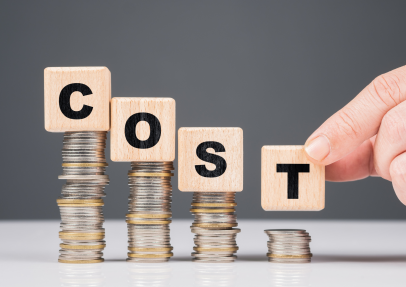
Progressive Party-List Representatives from the Makabayan Bloc in the House of Representatives, 2001-present
by Kenneth Guda
Progressive party-list organizations’ first foray into electoral politics was in 2001, after the second People Power uprising or EDSA Dos that forced President Joseph Estrada from power in January of that year. Progressive and leftist groups like Bayan Muna, as well as the multisectoral alliance Bagong Alyansang Makabayan (Bayan) were active in mobilizing the thousands in protests that led to EDSA Dos.
Later that year, Bayan Muna swept the party-list polls, taking the maximum three seats in the 12th Congress. Veteran activist Satur Ocampo, labor leader Crispin Beltran, and women’s rights advocate Liza Maza represented Bayan Muna.
Although other left-leaning party-list groups like Akbayan and the feminist group Abanse! Pinay previously won seats in the 11th Congress, Bayan Muna’s entry to the legislative arena marked a new era of leftist and progressive engagement in mainstream Philippine politics. Bayan Muna quickly became of the most active voices in Congress, and, later, one of the staunchest critics of the administration of Gloria Macapagal-Arroyo.
On the heels of the 2001 electoral victory, the progressives in Congress began to expand, establishing new party-list groups to represent different marginalized sectors. Beltran and Maza resigned from Bayan Muna to found Anakpawis and Gabriela Women’s Party, respectively. In 2004, both won seats for their party-list groups in addition to that of Bayan Muna. Anakpawis won two seats, with peasant leader Rafael Mariano taking the second seat and bringing the total of progressive party-list representatives in the 13th Congress to six.
In 2007, the progressives again won in the party-list elections, even increasing their number of seats to seven. Gabriela Women’s Party-list won two seats. Before their term ended, in 2009, changes in the party-list law allowed an eighth member of the progressive party-list groups entered Congress: Kabataan Party-list, represented by Raymond Palatino.
By 2010, the progressive party-list groups were formally called the Makabayan Bloc, establishing themselves as one of the most active voices in Congress and most vocal proponents of legislative reforms on human rights, trade, labor, agrarian reform, education, social services, and others. The year also marked the entry of ACT Teachers’ Party-list in Congress.
Makabayan Bloc maintained its presence in the succeeding Congresses, winning seven seats in 2013 and 2017 and six seats in 2019.
As it maintained its critical stance against the various administrations, Makabayan Bloc became the subject of government-initiated attempts to disqualify its party-list groups from participating in the elections. Administrations from that of Arroyo to Duterte have accused the bloc of being part of the rebel infrastructure of the National Democratic Front (NDF), which has been waging an armed struggle against the Philippine state for over half a century now.
This has been vigorously denied by Makabayan, and has successfully parried the legal attacks. The Duterte administration, however, has revived and intensified such attacks, engaging in a massive vilification campaign on the ground and on social media. Makabayan Bloc leaders and organizers have also been subject to physical and legal attacks, from spurious charges in courts to actual killings.
The story “Progressive party-list groups in the Philippines fight for survival in 2022 polls” tells of Makabayan Bloc’s fight for survival in the upcoming 2022 elections, as the Duterte administration ramps up its legal attacks, including the filing of disqualification cases against Gabriela Women’s Party and Kabataan Party-list before the Commission on Elections (Comelec).
The dataset uploaded in Datatalk enumerates the Representatives to the House of Representatives of the progressive party-list organizations who, since 2010, came to be known as the Makabayang Koalisyon ng Mamamayan (Makabayan) bloc.




